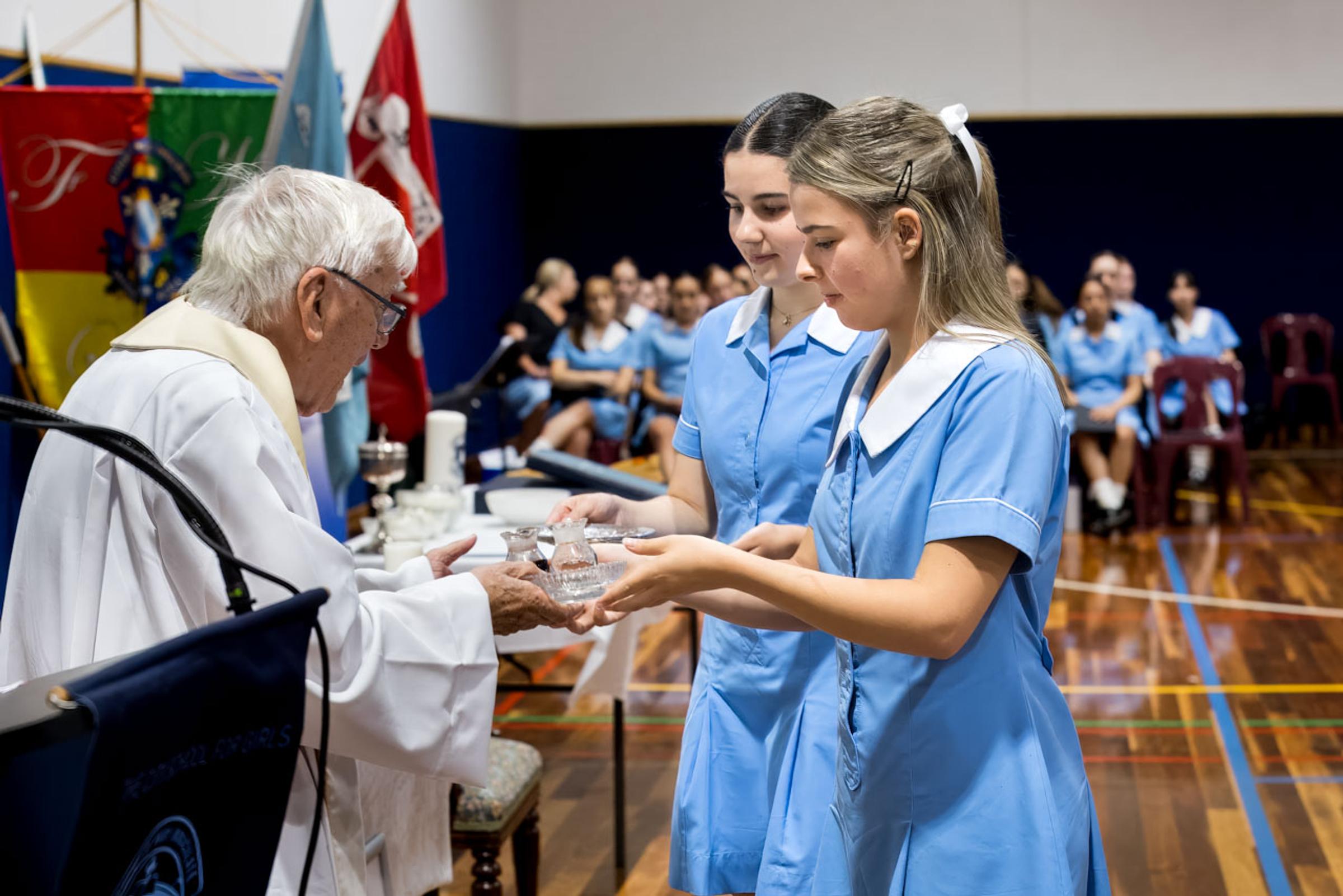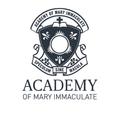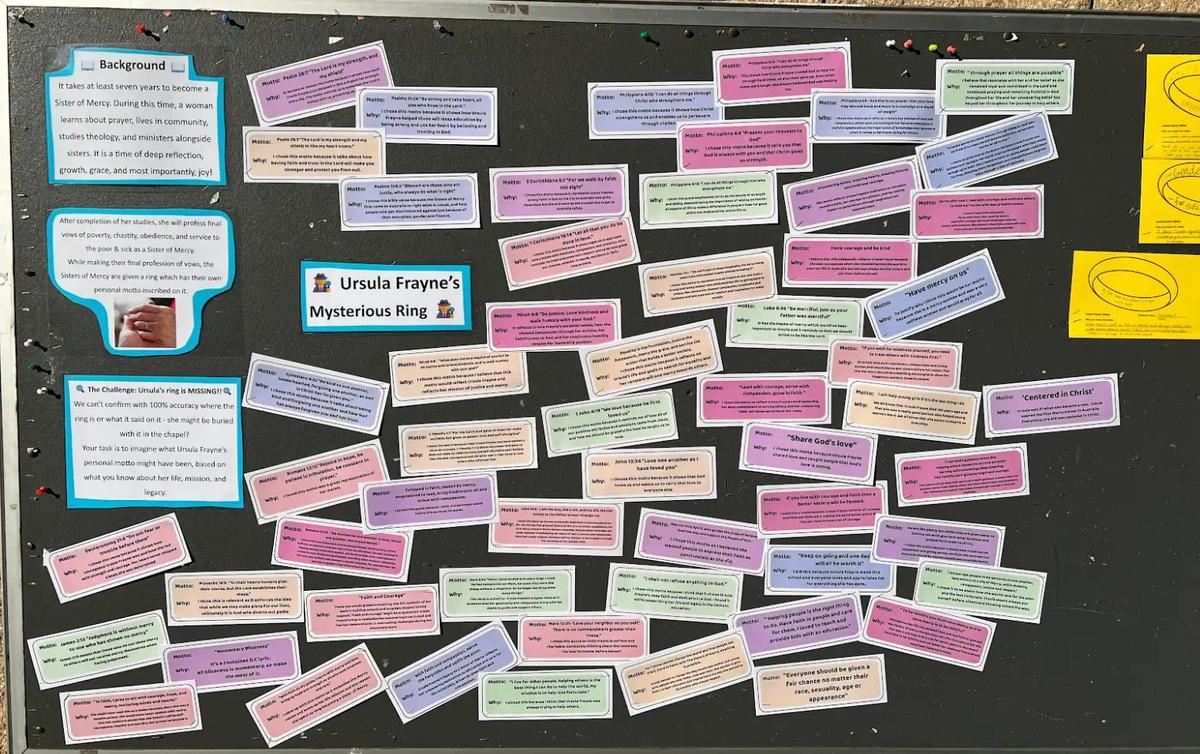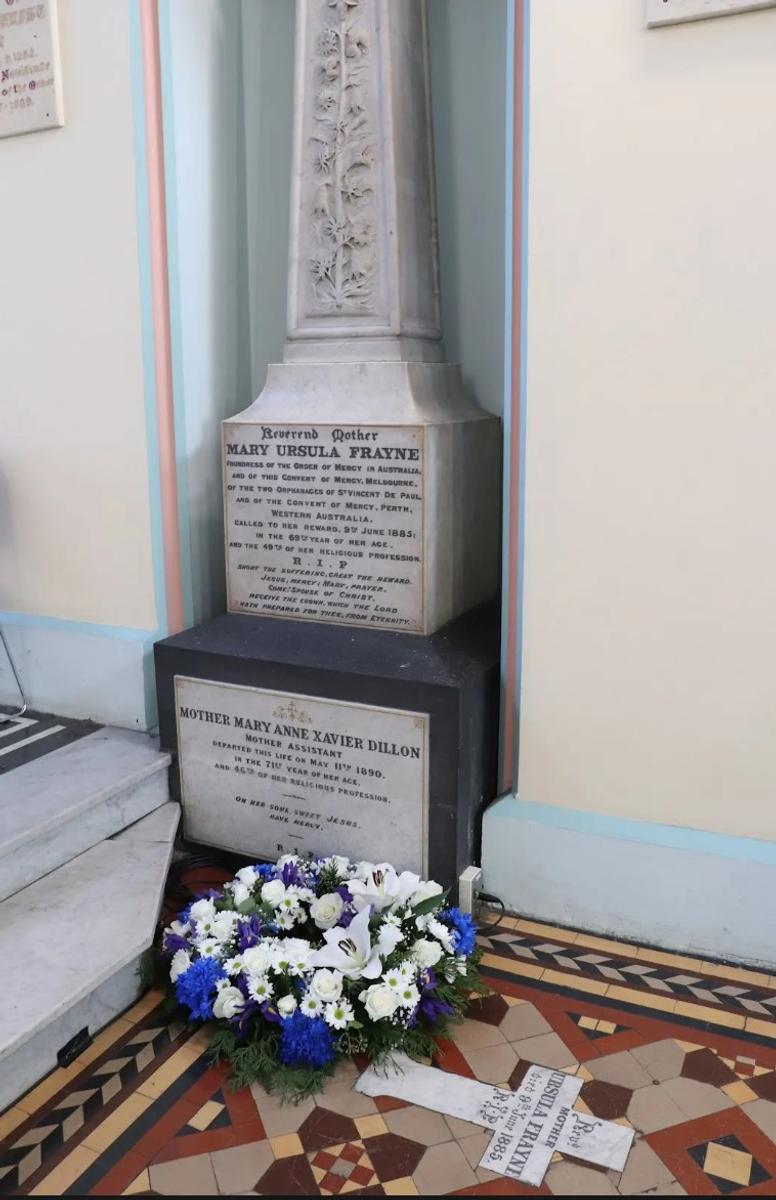Faith & Mission

140 Years Since the Passing of Ursula Frayne
Recently, our community gathered in mass to celebrate the extraordinary life and lasting legacy of Ursula Frayne, 140 years after her passing. As the pioneering leader of Mercy education in Australia, Ursula’s courage, vision and deep faith continue to guide and inspire us.
We were privileged to welcome students and staff from fellow Mercy schools, united in this special commemoration of our shared heritage. The celebration was enriched by the beautiful Academy choir, whose voices lifted the hearts of all present. We were also blessed to hear the delicate strains of harp music, played on an originally restored harp that journeyed with the Sisters of Mercy from Ireland, a living, breathing piece of our Mercy story.
A particularly moving moment was the display of the original register, a precious document that records the humble beginnings of the Sisters of Mercy in Melbourne. In a profound gesture of continuity and faith, the chalice gifted by Pope Pius IX to Bishop Goold, later entrusted to Ursula Frayne, was used in the celebration of the Eucharist, a sacred link to our shared history.
Throughout the week, students have been hotly debating Ursula’s profession ring statement. While it is widely believed that she chose the words, “But Jesus was silent”, we cannot say with complete certainty. Still, this Gospel moment, where Jesus stands accused before the Sanhedrin and refuses to engage with the lies surrounding him, is rich with meaning. His silence is not weakness, but a profound strength, a quiet confidence in truth that does not need to shout.
It is fascinating that Ursula Frayne, a woman known for her fiery determination, outspokenness and tireless action, is said to have chosen these words as her personal motto. Her life tells a different story: she raised her voice for the voiceless, fought for education and justice and refused to take “no” for an answer when people’s needs were on the line. She arrived in Australia with few resources and many obstacles, but she built schools, founded orphanages and established the Mercy mission through sheer force of will and deep faith.
Ursula did not stay in her lane. She responded to need wherever she saw it. And yet, beneath all this action, she held a deep commitment to humility, inner discipline and the ability to hold her tongue when it mattered most. Her motto, whether or not it was inscribed on her profession ring, reminds us that silence can be holy. That even the most outspoken of us must know when to step back and let God be God.
As Catherine Koveski Killerby notes in her biography, “Ursula had a quick mind and a tongue to match, which she often had difficulty suppressing. Catherine McAuley often spoke about the virtue of silence in the face of personal injustice, and it may have been she who gave Ursula this motto.”
Ursula’s life shows us that being a follower of Christ does not mean being passive. It means being courageous, purposeful and grounded. Her legacy challenges us to speak up when we must, to act boldly for justice and to also cultivate the interior strength to be silent when silence speaks loudest.
May we continue to walk in Ursula’s footsteps with courage, compassion and an enduring commitment to the Mercy mission.
Ms Hannah Hale
Director of Faith & Mission


